Are you planning to do a 203(k) home renovation in Philadelphia? Before you start knocking down walls, did you know that you will need a permit?
Let’s begin by explaining what a permit is. A permit is an official authorization issued by a government agency that allows an individual or business to undertake a particular activity. Obtaining the necessary permits is a crucial part of any renovation project, including those done through a 203(k) loan, to ensure that the work meets building codes and safety standards. This is an essential step in the renovation process, as failure to do so can result in costly fines, legal issues, and delays. Once you have the permits, you will be one step closer to completing your 203(k) renovation project.
In this article, we will elaborate on navigating the 203(k) permit process in Philadelphia. So, keep reading to learn all about it!
What is the Permit Process in Philadelphia
If you are planning to undertake any construction or renovation work in the City of Philadelphia, you will likely need to obtain a permit from the Department of Licenses and Inspections (L&I). The first step is to determine what type of permit you need, as there are different permits for different types of renovation work. Next, you will apply for the permit, which includes detailed information about the scope of work and materials you want to use. After submitting your application, wait for the L&I to review and approve the permit. Once they approve, you will receive your permit, which allows you to start your renovation project. Remember that inspections will be required at different stages of the project to ensure the work is being done correctly.
However, this process includes many details that need to be addressed. In what follows we will walk you through all the steps of navigating the 203(k) permit process in Philadelphia in detail.
Types of Permits
Permits may be required for various aspects of a 203(k) renovation project, including but not limited to electrical work, plumbing, structural changes, and other building alterations. The type of permit you need will depend on the project’s scope of work. To determine what permits you require for your renovation, check out the City of Philadelphia’s website under the apply for a permit section or consult a 203(k) contractor. The most common required permits for 203(k) renovations in Philadelphia are as follows:
1. EZ Permit
An EZ permit (also known as an Easy Permit) is a permit that is designed to simplify and streamline the permit process when doing minor construction and renovation projects. Getting this permit is easier because it requires minimal paperwork and processing time and architectural plans are not needed. But, in order to use this permit, it is necessary to comply with the conditions and construction requirements established by the City of Philadelphia Department of Licenses & Inspections (L&I). If you deviate from these requirements, the city will require plans that have been stamped by an architect or professional engineer.
EZ permits are typically issued for small-scale projects that involve minor alterations, repairs, or installations, such as:
- Adding a new deck to an existing one-family dwelling (up to 216 sq.ft.)
- Limited commercial alterations
- Replacing appliances in a one-or-two-family dwelling
- Replacing a roof covering
- Interior alterations that do not involve structural changes
You can find the list of all projects and their requirements qualifying for an EZ permit here.
2. Building Permit
A building permit grants permission to perform construction, alterations, or demolition work on a property within the Philadelphia City limits.
If you are planning to construct a new building, expand an existing structure, or make changes to the interior or exterior of an existing building, you need a Building Permit. A permit is also needed if you are planning to demolish a structure or change the occupancy classification of any part of a building. Major repairs that are not considered regular maintenance or projects that involve more than 5,000 sq. ft. of earth disturbance also require a Building Permit.
However, for some smaller projects like regular maintenance, fences up to six feet, some exterior work, and interior finish work like painting, you may not need a permit, as long as the property is not on the Philadelphia Historic Registry.
You can check here to see what projects require a Building Permit.
Keep in mind that in most cases, you must obtain a Zoning Permit before applying for a Building Permit.
Additionally, you may need a Combination Permit. This permit is necessary for construction projects that involve multiple buildings or structures on a single lot or for projects that involve multiple uses within a single building. The Combination Permit streamlines the application process and reduces the amount of paperwork, making it a valuable tool for larger projects. A combination permit is usually optional except for a one- or two-family new construction residential permit. For more details, see the combination permit application information sheet.
3. Mechanical Permit
A Mechanical Permit allows individuals or organizations to perform mechanical work on a property. Mechanical work refers to the installation of devices regulated by the Philadelphia Mechanical and Fuel Gas Codes.
To install a new HVAC system, ductwork, commercial kitchen hood, and natural gas piping and equipment, you require a Mechanical Permit. However, small appliances and regular maintenance and repairs to mechanical systems and portable equipment do not require a permit.
It is important to note that when installing a boiler you need a permit from the PA Department of Labor and Industry.
4. Electrical Permit
An Electrical Permit grants permission to perform electrical work on a property within the city limits.
Electrical Permits are required for a wide range of electrical and communication systems, including installing new systems, replacing existing systems, and repairing damaged or faulty equipment. Some examples of electrical work that require a permit in Philadelphia include:
- Installing a new circuit or electrical panel
- Rewiring or upgrading an existing electrical system
- Installing electrical outlets or switches
- Installing or repairing electric water heaters or HVAC systems
There is some electrical work that does not need a permit, such as repairs related to regular maintenance or removing electrical wiring when demolishing a structure.
You can check here to see what projects do not require an Electrical Permit.
Additionally, Rough-in Permits are available allowing for the installation of electrical cables, conduits, device boxes, and service equipment before obtaining the full permit. This also includes power supply and signal cables for fire and smoke alarm systems.
5. Plumbing Permit
A Plumbing Permit is required for any plumbing work, such as installation, alteration, renewal, replacement, or repair. This permit ensures that the plumbing work is done safely and in compliance with building codes and regulations. However, if the repair is minor and involves replacing faucets, valves, or parts with the same material, removing and re-installing toilets without replacing or moving any pipes or fixtures, or stopping leaks and clearing stoppages, you do not need a Plumbing Permit.
In addition, similar to the Electrical Permit, a Rough-in Permit can be obtained, allowing for the installation of water supply pipes and soil or waste pipes before they issue a full permit. However, it is important to note that this option is not available for one-or-two family dwellings and Site Permits.
6. Other Permits
There are other permits that you may need for your 203(k) renovation project. These permits are as follows (click each one for more details):
- Excavation site permit
- Foundation-only building permit
- Complete demolition permit
- Use of explosives permit
- Make safe permit for a dangerous building
- Fire suppression systems permit
- Building permit to install signs
- Building permit for a tank to store hazardous materials
- Retaining wall permit
- Fence permit
- Sidewalk/Shelter platform permit
- Site work and site utility permit
- Tower crane permit
- Antenna permit
- Electrical permit to install solar panels
Requirements for Getting a Permit in Philadelphia
To obtain a permit in Philadelphia:
- Complete a permit application including the scope of work’s details and the current owner’s information.
- A licensed 203(k) contractor should do the renovation work. The contractor should have an active license, be current on all City of Philadelphia taxes, and have current insurance on file with L&I.
- Determine if a third-party inspection will be required, such as in the case of an electrical inspection.
- Depending on the project, detailed plans, drawings, and other additional documents may be needed.
- Some projects may require multiple permits. For example, a Building Permit may also require a Zoning Permit.
Who Can Apply for a Permit?
Homeowners and individuals with the legal authority to conduct business on behalf of the owner are eligible to submit a permit application. This authorization may be granted to design professionals, attorneys, contractors, and licensed expediters.
Navigating the 203(k) Permit Process in Philadelphia
1. Identify the Scope of Your Project
Before applying for a permit, know the scope of your project, including the extent of the repairs and renovations planned. Consult with a 203(k) contractor to help determine the scope of your project.
2. Determine which Permits You Need
Before beginning your 203(k) renovation project, it is important to understand that you may require multiple permits, such as electrical, plumbing, and permits for structural changes or other building alterations.
Depending on the scope of your project, you may need to apply for various permits from the City of Philadelphia. Consult with a licensed 203(k) contractor to determine which permits are needed.
3. Gather the Required Documentation
Once you have determined which permits you need, gather the necessary documentation to apply for those permits. This will typically include drawings and plans, owner and contractor’s information (if applicable), required forms, and any permits or approvals you have obtained from other agencies.
Different types of permits require different documentation. To find out which documentation your permit requires, consult a 203(k) contractor or contact the City of Philadelphia’s website.
4. Apply for the Permit
Once you have prepared everything, apply for the permit. Applying for a permit could be done online or in person. Here we explain the two methods of applying for a permit:
A. Using the eCLIPSE System
If you do not already have an account, go to the eCLIPSE website and click “Create an account” to sign up. Once you have created an account, log in to access the eCLIPSE system. In eCLIPSE, select the type of permit you are applying for and fill out the application including all required information. Upload all required documents, such as building plans and a site plan, as well as any other supporting documents required for your project. Pay the filing fee through eCLIPSE. The fee for a building permit varies depending on the size and scope of the proposed construction. If you are applying as a licensed professional or contractor, link your license or registration to your eCLIPSE account. After submitting the application and paying the fee, the review process will begin.
Remember, before approving a permit, the contractor’s identity and involvement with the project must be confirmed.
B. In Person
You can get the permit application form online or in person at the Permit and License Center. They are located at 1401 John F. Kennedy Blvd. MSB, Public Service Concourse, Philadelphia, PA 19102. Fill out the application form with all the necessary information, including project details, property owner’s name and contact information, and contractor’s information (if applicable). Pay the fee and bring the completed application, required documents, and payment to the Permit and License Center. If you are working with a contractor, the contractor must submit the application or verify involvement with the project by a signed statement on their letterhead.
The review of your application will start after submitting all the required documents and paying the filing fee.
Note: You can accelerate the review process by paying an additional fee. Some affordable housing projects are eligible for a 10-day review. See the related L&I regulation for more information.
5. Start Your Renovations
The permit approval process can take several days or weeks, depending on the complexity of the project. Be patient and follow up with the appropriate department if you have any questions or concerns.
Once the review process is complete, you will receive an email notification of either approval or rejection. If your application is approved, they will notify you to pay any remaining balance. If your application is rejected, the missing information will be outlined.
Once you receive the necessary permits, you can begin the renovations. Make sure you comply with all building codes and regulations during the renovation process.
6. Schedule Inspections
It is the contractor’s responsibility to schedule inspections at key points during the construction project. You can schedule inspections by phone or through the eCLIPSE system. If you need assistance with scheduling inspections through eCLIPSE, you can refer to the eCLIPSE FAQs provided by L&I. When requesting an inspection over the phone, provide your permit number, which is at the top of your permit certificate.
In addition to scheduling inspections, the phone line can be used to cancel, reschedule, check inspection results, and access plan review. For step-by-step instructions, review the Interactive Voice Response’s IVR information sheet.
The Department of Licenses and Inspections (L&I) will inspect the construction to ensure it complies with all codes and regulations. Upon completion of the work, a final inspection is performed by L&I to confirm that all codes and regulations have been met. If the work is found to be in compliance, the permit will be closed, and the project will be considered complete.
Certain types of work require certification by qualified individuals. This involves certifying building systems or components, as well as creating reports in compliance with the Philadelphia Building Construction and Occupancy Code. For further details, please visit the provided link.
Who to Call with Questions about 203(k) Permit Process in Philadelphia
If you have questions about the permit process for a 203(k) renovation in Philadelphia, you can call the Department of Licenses and Inspections (L&I) by dialing 311 or at (215)-686-8686. For other methods to contact L&I click here.
L&I can provide guidance on 203(k) permit process in Philadelphia for your project and any regulations you must comply with. Consider consulting with a licensed 203(k) contractor who has experience with 203(k) renovations. They can provide additional guidance and expertise regarding the permit process.
Conclusion
In a nutshell, navigating the 203(k) permit process in Philadelphia can be challenging, but is essential to ensure a successful renovation project. In this article, we have provided you with valuable information on the different types of permits and the process on how to obtain a permit in Philadelphia. However, we understand that even with this knowledge, the process can be overwhelming.
That is where Matrix Company Solutions Corp. comes in. As a certified 203(k) contractor with 25 years of experience, we have the expertise to guide you through the permit process and ensure a successful renovation project.
We understand that your home is a significant investment. And we are committed to providing our clients with high quality service and exceptional results. We will work with you every step of the way to ensure your 203(k) renovation project runs smoothly, from obtaining permits to the final walk-through.
If you are planning a 203(k) renovation project in Philadelphia, do not hesitate to contact us. Let us help you navigate the 203(k) permit process in Philadelphia and make your renovation dreams a reality. Contact us via our FREE Consultation Service.



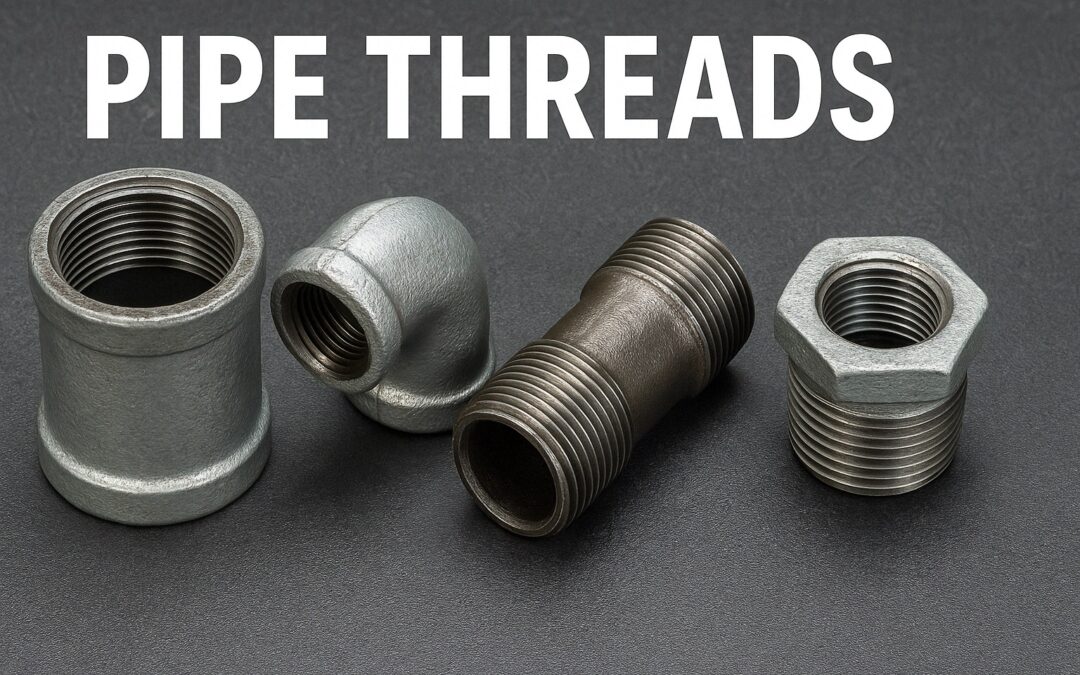
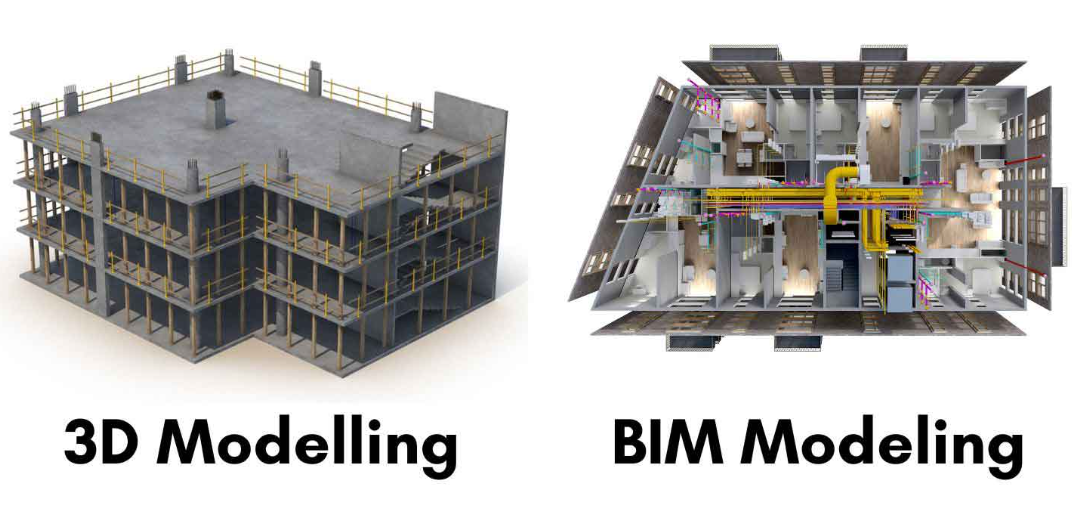
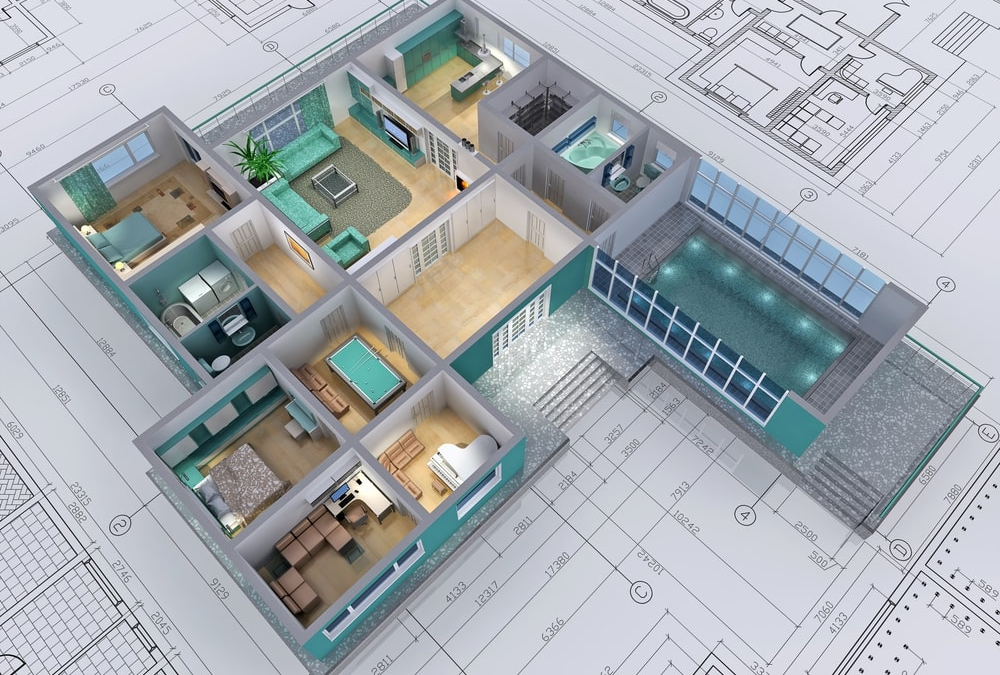

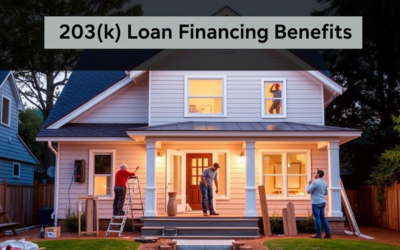
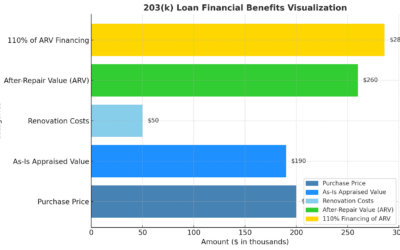
0 Comments